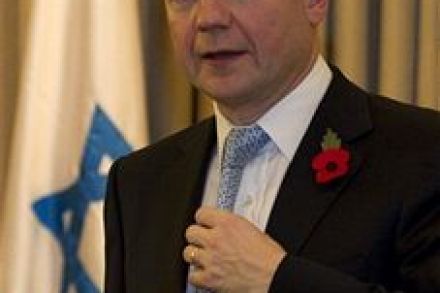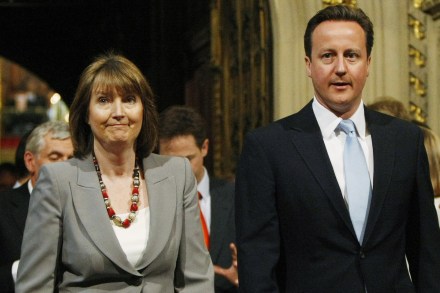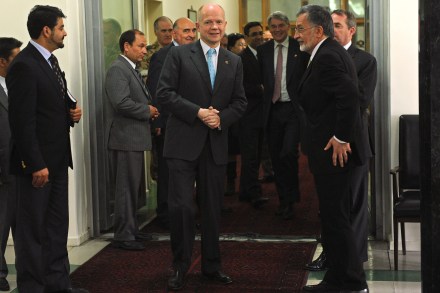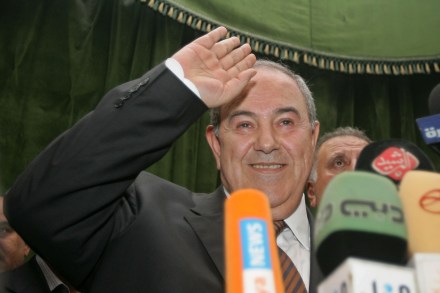Sir Christopher Meyer reviews George Bush’s memoirs
Sir Christopher Meyer, the former British Ambassador to the United States, has reviewed George Bush’s biography for the latest issue of The Spectator. We’ve pasted his entire review below, for readers of our Book Blog. Taking the long view, Christopher Meyer, The Spectator, 20 November 2010 While Tony Blair emerged from his memoirs as a chameleon of many colours, there is only one George W. Bush in Decision Points. The book reads like the man speaks. If it has been ghosted — and Bush gives thanks to a multitude of helpers — it has been done with consummate skill to preserve the authentic Bush voice. The result will be unexpected,











